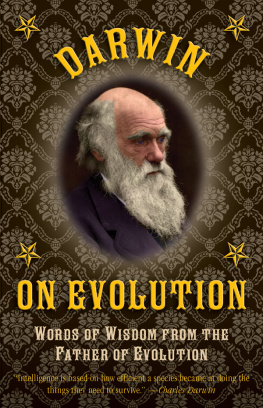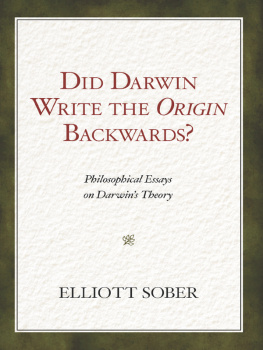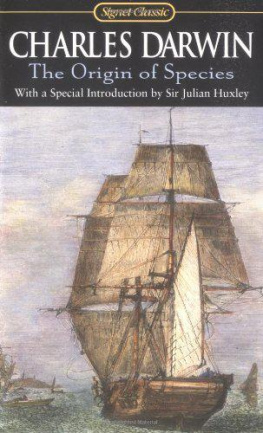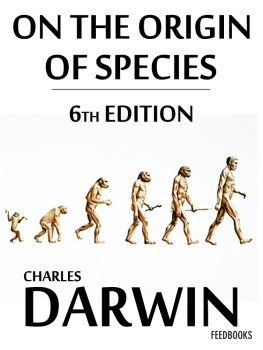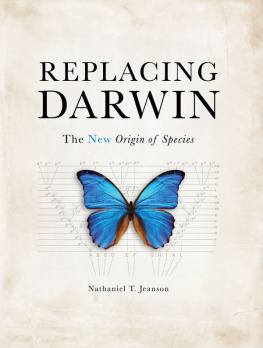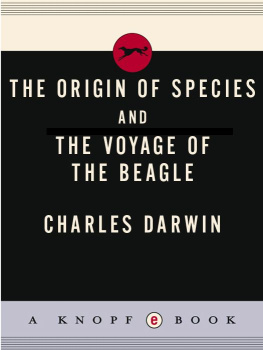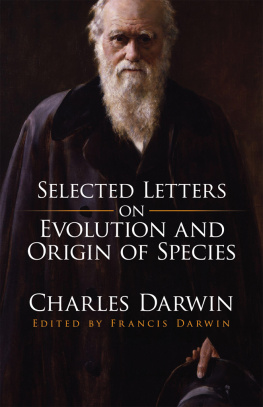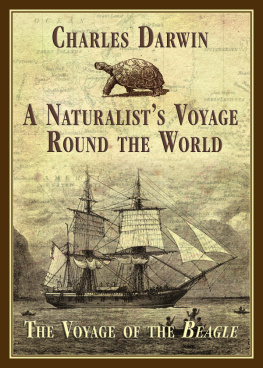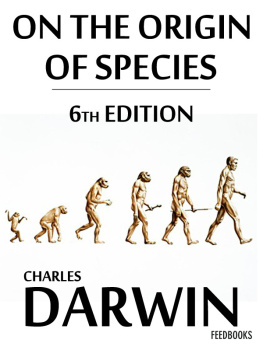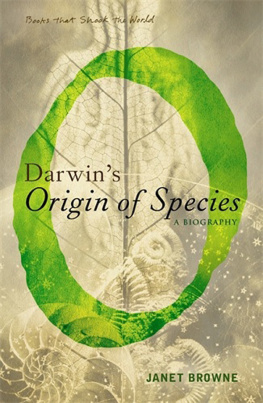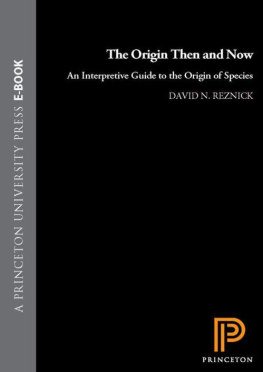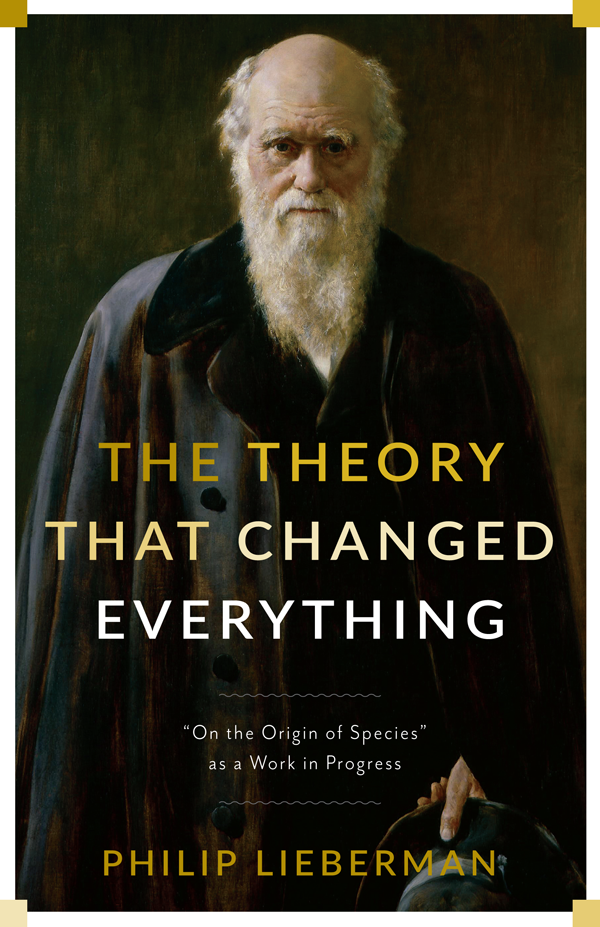Contents
Guide
Pagebreaks of the print version
THE THEORY THAT CHANGED EVERYTHING
THE THEORY THAT CHANGED EVERYTHING
ON THE ORIGIN OF SPECIES AS A WORK IN PROGRESS
PHILIP LIEBERMAN
COLUMBIA UNIVERSITY PRESS
New York
Columbia University Press
Publishers Since 1893
New York Chichester, West Sussex
cup.columbia.edu
Copyright 2018 Columbia University Press
All rights reserved
E-ISBN 978-0-231-54591-4
Library of Congress Cataloging-in-Publication Data
Names: Lieberman, Philip, author.
Title: The theory that changed everything : On the origin of species as a work in progress / Philip Lieberman.
Description: New York : Columbia University Press, 2017. | Includes bibliographical references and index.
Identifiers: LCCN 2017007542 (print) | LCCN 2017040837 (ebook) | ISBN 9780231178082 (cloth : alk. paper)
Subjects: LCSH: Darwin, Charles, 18091882. On the origin of species. | Darwin, Charles, 18091882Influence. | Evolution (Biology) | Natural selection.
Classification: LCC QH365.O8 (ebook) | LCC QH365.O8 L54 2017 (print) | DDC 576.8/2092 [B] dc23
LC record available at https://lccn.loc.gov/2017007542
A Columbia University Press E-book.
CUP would be pleased to hear about your reading experience with this e-book at .
Cover design: Noah Arlow
To Marcia, the love of my life
Little lamb who made thee.
Dost thou know who made thee?
William Blake, 1789
CONTENTS
T he more we learn, the more it becomes evident that the insights and observations conveyed in On the Origin of Species continue to guide our understanding of biology, evolution, and how we might act in matters of general interest, some bearing on our very existence.
Charles Darwin was a keen, curious observer who possessed a quality of mind that enabled him to see the connections among seemingly unrelated natural phenomena and human endeavors. His voyage on HMS Beagle was, as he put it, the most important event in my life, and has determined my whole career. Darwin came in contact with the indigenous people of Tierra del Fuego, who lived in circumstances far removed from those of his prosperous family and acquaintances, but he nonetheless discerned the qualities that made it clear to him that all people are brothers and sisters. He saw animals and plants outside the range of what is found in England and Scotland and the fossil remains of creatures that no longer live on earth.
When Darwin first boarded the Beagle on December 27, 1831, he firmly held to the belief that God had created the world and all its forms of life. On his return to England four years later, he started on the journey in his minds eye that led to the theory that changed how we view the evolution of all forms of life and their place in nature. His theory was controversial from the day of its publication in 1859 and remains so today. Darwin departed from the view that God had created the world and all forms of life in a week or else had set in motion a master plan that over time produced new forms of life, extinguishing others. The course of evolution instead was happenstance based on variation and chance. No two beings are identical. Variation always marks the creatures or plants that constitute a species, including the individuals who constitute the human species, Homo sapiens . Darwin did not know how or why variations occurredwhy some roses were redder than others or why some people were taller or could run fasterbut he thought that natural selection was the primary mechanism for the transmutation of species: evolution.
Natural selection is a simple concept. Any heritable variation that results in a living organisms having more descendants tends to be preserved, providing a selective advantage in the struggle for existence. However, ruthless competition and brute strength were not the keys to success in the Darwinian struggle for existence, a concept that has been misinterpreted and misused to justify exploitation and greed. Cooperation yields benefits, and, as Darwin stressed, small changes can drive natural selection. One of the incremental results of natural selection is evident on the shelves of your supermarket. If your ancestors lived in a culture that herded cows, sheep, or goats, you will most likely skip the lactose-free selections because natural selection has conferred on you adult lactose tolerance. Being able to add milk to our diet conferred an advantage in the struggle for existencemaking some individuals and their children more likely to survive. If your ancestors did not live in such a dairy culture, you may need to purchase lactose-free products.
However, Darwin was wrong in thinking that the pace of natural selection is always slow and gradual. Had he remained in the Galapagos for a decade rather than a few weeks, he might have observed changes occurring in the finches beaks as they adapted to harder- or softer-shelled nuts. But Darwin pointed out that natural selection wasnt the only process that drove evolution. Recycling, adapting an organ to do something new, could abruptly change the course of evolution. And he borrowed from the grandfather he had never met, Erasmus Darwin. Erasmus, in his book Zoonomia , published decades before Darwin was born, studied the development of animals from their embryological state onward, which to both Erasmus and Charles Darwin demonstrated the continuity of evolution.
Erasmus also thought that acquired features, direct effects induced by the environment, could be inheritedthe just-so story of how giraffes got long necks because they stretched to reach leaves on higher tree branches. Charles Darwin also borrowed that concept. In the twenty-first century, were seeing that it isnt always a just-so story. I will attempt to demystify current Evo-Devo studies aimed at identifying transcriptional and epigenetic factors coded in your DNA that determine why you dont look or think like a chimpanzee, even though you share virtually all of its genes. Epigenetic effects, for example, caused the grandchildren of women from nineteenth-century Sweden whose diet suddenly changed from famine to feast, or the reverse, to die thirty years sooner than other people.
I have organized my book as though it were the script of a documentary film aimed at presenting Charles Darwins insights. The talking head, whenever possible, is Darwin, in passages drawn from On the Origin of Species , the short autobiography that he wrote for his children and grandchildren, and his letters. The exotic settings that Darwin encountered throughout South America and in the Galapagos Islands set his mind in motion, but he saw parallels and conducted experiments in the familiar surroundings of early Victorian country life. These and contemporary examples show that Darwins insights apply with equal force to issues that are shaping your life and the lives of your descendants.
Darwin stressed the complex relations that exist among forms of life far removed in the scale of evolution from one another and between those life forms and the environment. He pointed out the synergy that exists between an ecosystem and evolution. As the environment changes, whatever might confer a selective advantage changes; so as we humans change the world, it changes us. And if we dont take care, it could be the end of us.
Providence, R.I.
February 3, 2017
I ve drawn on the research of my colleagues over the course of more than fifty years as well as on people I have met only through their books and papers. I cannot tell Elizabeth Bates, Arend Bouhuys, Franklin Cooper, Edmund Crelin, Dennis Klatt, Karen Landahl, Bill Laughlin, Alvin Liberman, Molly Mack, or Kenneth Stevens that I valued their thoughts and work. The speech-research groups at Haskins Laboratories, MIT Lincoln Laboratories, and Air Force Cambridge Laboratories and MITs Research Laboratory of Electronics have all contributed in some way to this book. Noam Chomsky at the start and Morris Halle were both part of the story, though our paths have since diverged. I can still express my appreciation to my son Daniel Lieberman for his insights on human evolution, John Shea for his reappraisal of the significance of the archaeological record of stone-tool fabrication and use, David Gokhman and his colleagues for their genetic insights on of the evolution of human vocal anatomy, and Robert McCarthy for perfecting the reconstruction of the vocal tracts of extinct hominins. Sheila Blumstein, Joseph Friedman, Geoffrey Laitman, Angie Morey, Emily Pickett, Joan Sereno, and scores of students at Brown University were colleagues in research. CARTA (Center for Academic Research and Training in Antrthropogeny) meetings over the course of the last two decades pointed out both answers and new questions. Marcia Lieberman was my constant companion in research at strange locations in Nepal and the Himalayas, such as Everest Base Camp, Lo Manthang, and Inner Dolpo. She has challenged me in the more than fifty years that weve been together and spent days unscrambling my prose. Eric Schwartz, Robert Fellman, and the editorial staff at Columbia University Press did their best. But the infelicities and errors that you may find are mine.



